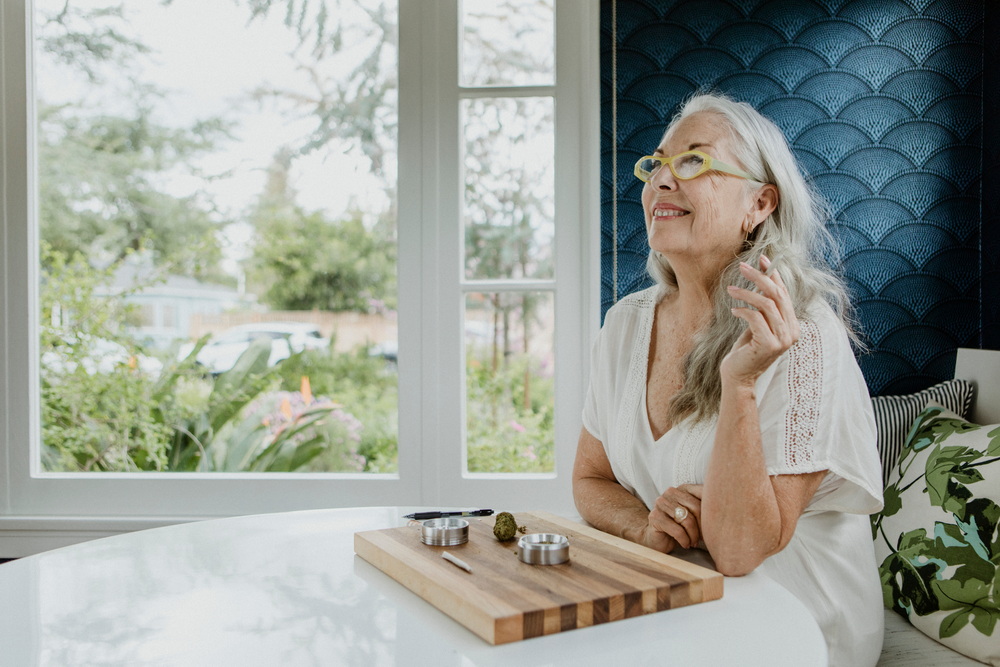Medical cannabis has been approved in more than three dozen states and the District of Columbia. It is probably only a matter of time before all the current holdout states get on board with it. They won’t have much choice, given that voters increasingly believe that medical cannabis should be legal nationwide. All of that is well and good, but what if a patient cannot get to a pharmacy or dispensary?
The issue of access is very real. It is more pronounced in some states than in others, but access problems exist in every state with legalized medical cannabis. There are some people who have a legitimate medical need for cannabis but are unable, for one reason or another, to make a trip to the pharmacy.
Currently, there are two solutions to the problem: medical cannabis home delivery and giving caregivers permission to obtain cannabis on behalf of their patients. Some states allow one while others allow the other. A few allow both.
- Medical Cannabis Home Delivery
You would think that medical cannabis home delivery would be big business. With millions of people now using cannabis regularly, entrepreneurs looking to start new businesses should be lining up to offer delivery. Unfortunately, this is not the case.
Medical cannabis home delivery does exist in many states. But its penetration is not nearly as extensive as it should be. Why? Because there are inherent risks that come with the delivery model.
For example, cannabis is still largely a cash-and-carry business for the simple fact that cannabis companies have difficulty obtaining traditional banking services. Most of them can accept credit and debit cards. For delivery purposes, this means drivers are carrying around large amounts of cash. It is a risk that only a small number of companies are willing to take.
- Caregivers Obtaining Cannabis
The other model – allowing caregivers to obtain cannabis on behalf of their patients – is something they do in Utah. According to the operators of the medical canabis dispensary Beehive Farmacy in Salt Lake City, caregivers can apply for special cannabis cards after being designated as the caregiver for a patient who also holds a valid card.
States with such provisions do things based on how their regulations are written. In Utah’s case, a patient must designate their caregiver by entering the required information in the state’s electronic verification system (EVS).
Once designated a caregiver can then submit their own application for a caregiver card. The state runs a background check and then approves or rejects the application. Application approval results in the caregiver card being sent electronically.
With card in hand, that person can now go to Beehive Farmacy, or any other medical cannabis pharmacy in the state, and purchase the patient’s medicines for them.
- There Are Workarounds
Neither medical cannabis home delivery nor caregiver cards represent perfect solutions to the problem of patients not being able to get out and obtain their cannabis by themselves. Both solutions have their pros and cons. But the point here is that there are workarounds. Homebound patients unable to get out do have options.
Perhaps someday there will be a standardized system for getting medical cannabis into the hands of homebound patients. That will require federal decriminalization. In the meantime, home delivery and caregiver access are two avenues state governments make available.
If you are a medical cannabis patient who has trouble getting out, do some research to discover what your state’s laws allow. Perhaps you can get your medicine delivered to your door. If not, you might be able to designate a caregiver to get it for you.


